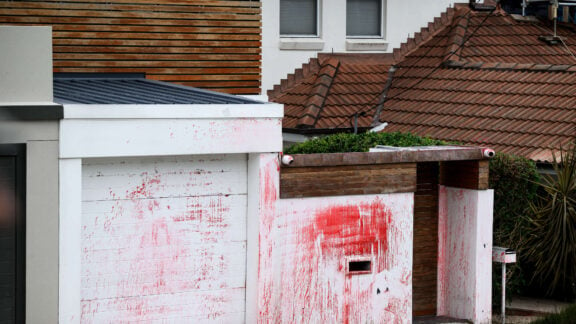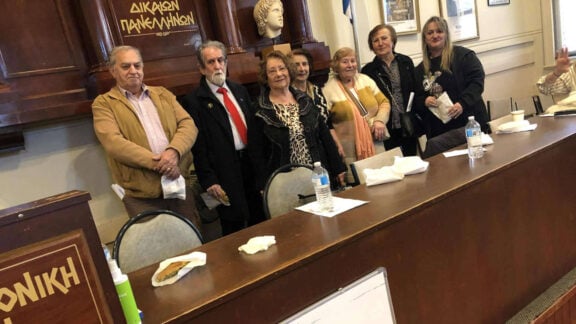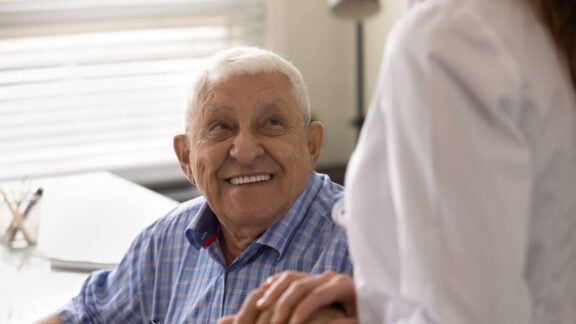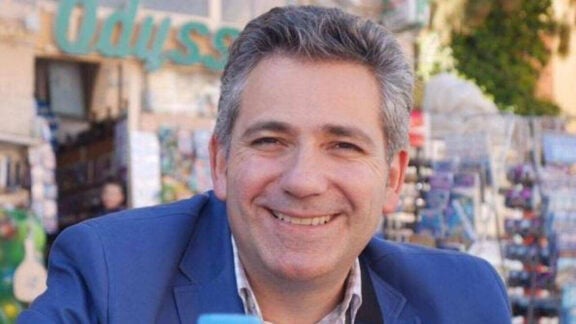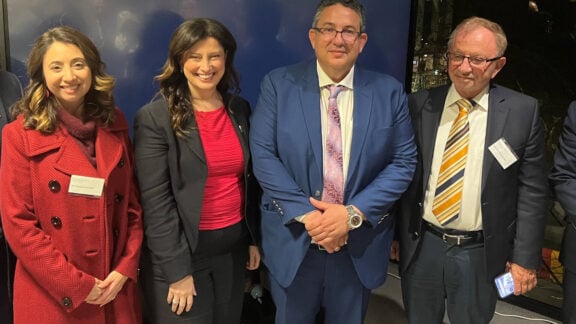More than 60,000 new COVID-19 cases have been recorded in New South Wales and Victoria alone. It is worth mentioning that GPs and state health authorities are overwhelmed by the number of people trying to report positive Rapid Antigen tests
Eleven people have died in NSW, and the state has recorded 38,625 new infections in the 24 hours to 8pm Thursday night. Of those 1,738 people in hospital, 134 in intensive care. NSW has also put in place new restrictions.
Experts expect hospitalisations to triple in the coming days as NSW has become one of the cities with the world’s highest infection rates.
Thus, a major reversal of COVID-19 restrictions will take place by shutting nightclubs, banning singing and dancing in pubs, and pausing major events and some elective surgery in response to the state’s surging Omicron caseload.
Six people have died in Victoria, where 21,728 new cases were recorded. Victoria now has new density limits in hospitality venues as 644 people are in hospital, and 58 in intensive care.
As of today, Victorians who test positive on a rapid antigen test will be considered probable cases and must report the result to the Department of Health via an online form or by phone.
Professor Adrian Esterman from the University of South Australia says the reporting rules will give the Victorian government a clearer idea of case numbers.
“At the moment, we simply cannot keep track of positive cases who don’t have a PCR test, so the cases we do count are probably a gross underestimate of the actual true case number.”
“I think this is a big step forward for Victoria. I applaud it.
“And really and truly this should be a national decision. We should do this across the country.”
Tasmania has recorded 1,489 new cases. For every positive case the state has 4-5 people, on average, isolating as close contacts; around 20,000 people are currently isolating across the state.
Moreover, as staff shortages keep taking their toll on Australian economy many industries and businesses are working with less than half their staff.
Australia’s trucking and meat industry are among the hardest hit as supermarkets across the country present with empty shelves. Industry board members are currently looking at facilities and stores that may be forced to shut, while calls for free rapid antigen tests at work intensify
More to come.


